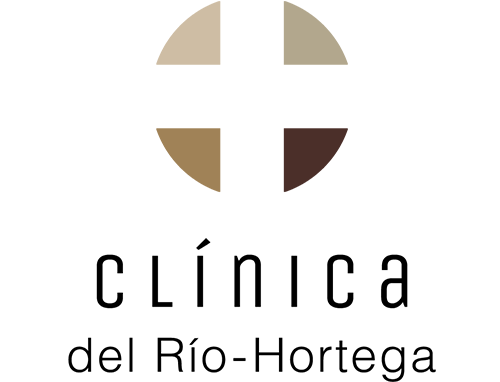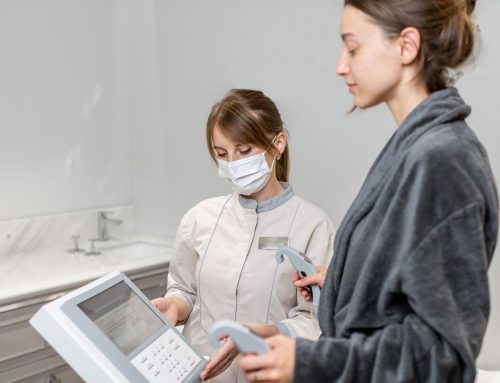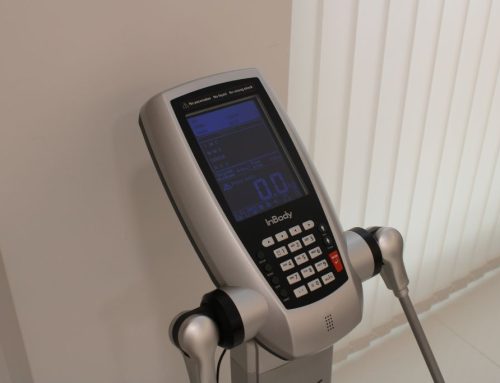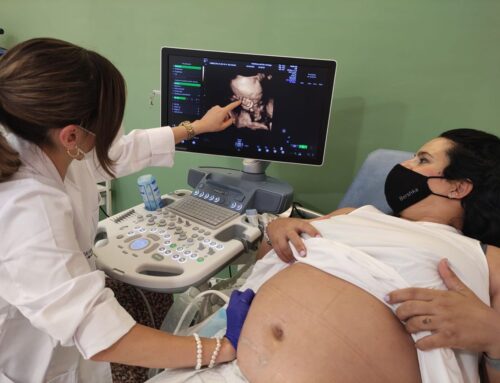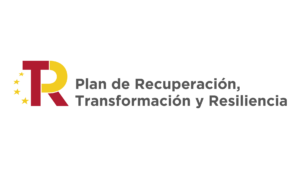What to eat if I am an athlete? The keys to success
Discover everything you need to know about nutrition for athletes.

To achieve your sports goals, training is not enough. The nutrition for athletes should not vary much from a healthy diet, however, it is essential that the athlete's diet Consider several determining factors.
Individualized training planning along with a healthy diet focused on physical exercise is the key to achieving your sports goals. Ideally, the most advisable thing is to go to a sports nutrition professional who takes into account all the variants that can influence our diet, for example, individual tastes, the chronology or type of sport practiced and training schedules, since not all known diets in nutrition for athletes They are suitable for each of us. However, following some basic guidelines will help you perform better, improve your marks, gain muscle tissue, and prevent possible injuries.
Irene del Río–Hortega, general, family and sports nutritionist, offers you a 100% personalized health service, where it not only teaches you how to learn how to eat, but also acquire the necessary strength to know how to achieve a healthy lifestyle and maintain it over time.
Other basic guidelines
we have elaborated a list of 8 essential foods in nutrition for athletes, whatever sport you practice and sometimes almost the level.
Fish
Fish is a fundamental source of protein. They barely have fat, and digestion is simple. He White fish such as whiting, fresh cod, skate or monkfish will be ideal.
Cereals
Integral bread, brown rice, are the basis of the diet of athletes. They are a source of energy, they provide fiber which will also help us to cleanse the body and regulate its rhythm.
Carne
The ideal ones for athletes are the white ones since they have a better fat content, such as turkey, chicken, rabbit…meats with a high-value protein that helps to quickly recover muscle mass.
vegetable and fruit
Keys in a healthy diet and more in the diet of an athlete due to its high content of minerals, vitamins and antioxidants. Fruits hydrate and recover the body after a day of intense exercise. It should never be missing in the diet of an athlete, being the banana, melon, watermelon and avocado fundamental. The most intensely colored vegetables have a much higher contribution of vitamins to the body.
Dairy
Skimmed milk, skimmed yoghurts, low-fat cheeses, soy derivatives... foods with a lot of calcium and vitamin D essential for bones and keys to weight loss.
Potato
The potato provides energy due to its high carbohydrate content, it is easily digested and it is satiating, so the athlete will also not feel bloated.
Honey
In addition to being fundamental in many cosmetic products, its energy contribution is very high; in the short term it is very good due to its high glycemic index. Honey is a perfect ansiseptic for the body.
Eggs
A very important food for keep muscles strong. They are a great source of protein and a perfect recovery food. Key in the diet of all athletes.



Avoid supplements
The sports supplements they are sold with the promise of improving physical performance. But there are very few that are known to help, and some may even be harmful.
The anabolic steroids They can have a very negative effect on a person's hormones, causing undesirable side effects, such as testicular retraction and baldness in boys, and facial hair in girls. The Steroids they can cause mental health problems, such as depression and emotional ups and downs.
Some Supplements contain hormones related to testosterone, such as dehydroepiandrosterone. These supplements can have side effects similar to those of anabolic steroids. Other sports supplements (such as creatine) have not been evaluated in people under 18 years of age. Therefore, the risks involved in adolescents are unknown.
The salt pills They are another type of supplement that we must be aware of. People take them to prevent dehydration, but salt pills can actually promote the dehydration process, and should be taken with plenty of water. When salt is taken in large amounts, it can cause nausea, vomiting, stomach cramps, diarrhea, and upset the lining of the stomach. In general, you will feel much better if you drink plenty of fluids to keep yourself well hydrated. It is usually possible to recover all the salt that is lost through sweat by drinking sports drinks and food before, during and after exercising.
Avoid dehydration
With regard to the dehydration, water is as important for an athlete to perform at his best as food. When you sweat while exercising, it's easy to get overheated, get a headache, and feel exhausted, especially in hot and/or humid weather. Even mild dehydration can have a negative impact on an athlete's physical and mental performance.
There is no universal formula for how much water you should drink. The amount of liquid that each person needs to drink is something that depends on their age, size, the level of intensity of the physical activity that they practice and the environmental temperature.
Athletes drink before, during and after physical exercise. Don't wait until you're thirsty, because thirst is a sign that your body has been needing to drink for some time.
The sport drinks they are no better than water for keeping you well hydrated while playing sports. But if you exercise for more than 60 to 90 minutes at a time and/or in very hot weather, sports drinks may be a good option. The carbohydrates and electrolytes in sports drinks can enhance performance under these types of conditions. But in other situations your body will work just as well drinking just water.
Avoid drinking drinks that contain gas or juices because they could give you stomach pain while training or competing. Do not drink energy drinks or other drinks that contain caffeine, such as soft drinks, tea and coffee to rehydrate. You could end up drinking large amounts of caffeine, which can increase your heart rate and blood pressure. Too much caffeine can make an athlete anxious or restless. Caffeine can also cause headaches and trouble falling asleep at night. All this can have a very negative influence on a person's sports performance.
Come meet us
En Río-Hortega Clinic you will be able to find different specialties designed to cover the complete care of our patients. Always hand in hand with the best experts in their sector. A variety of services that you can trust, and professionals that will make you feel at home. At our clinic we love to offer you the best services and help you get the best results.
Contact us from our website and fill the form, and we will help you with all the tools in our hands. You can book your appointment by phone / WhatsApp 648 116 134, or write to us at info@clinicadelriohortega.es. We are in Calle Almirante Antequera 34, Santa Pola, Alicante.

